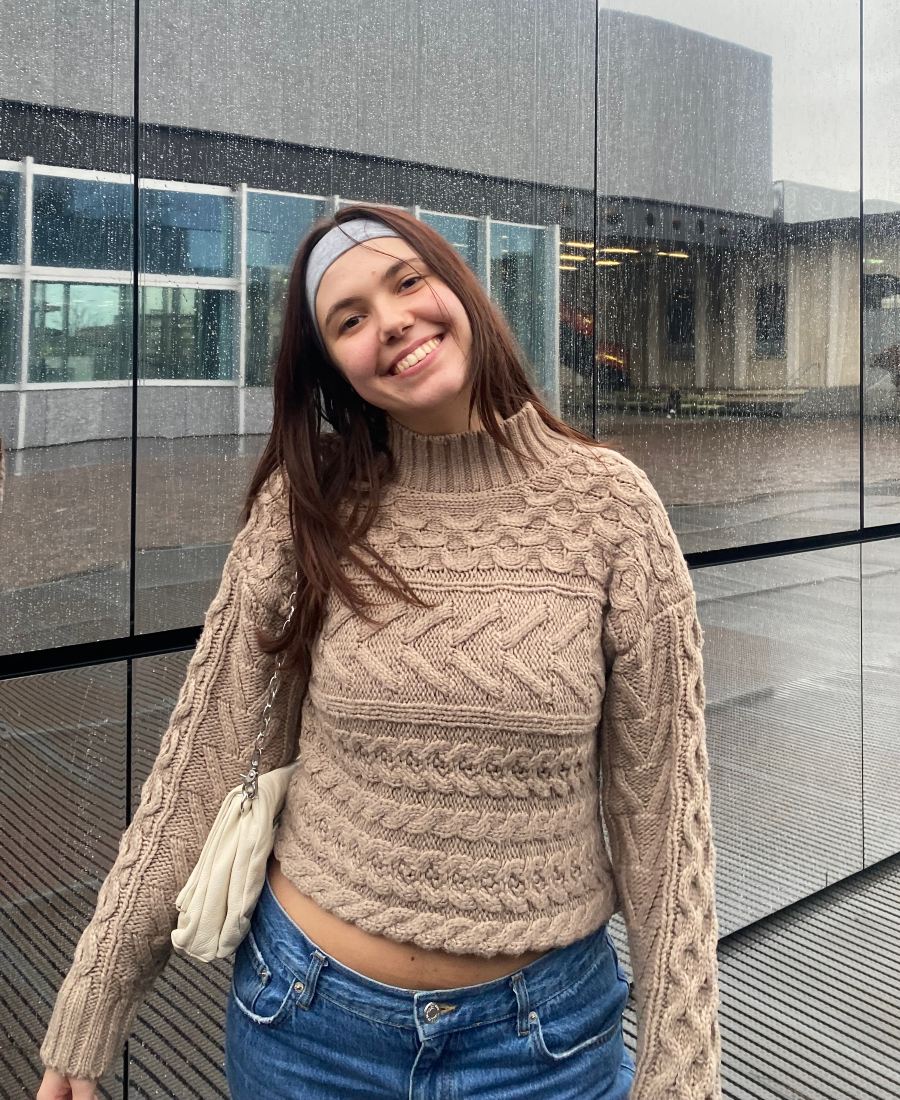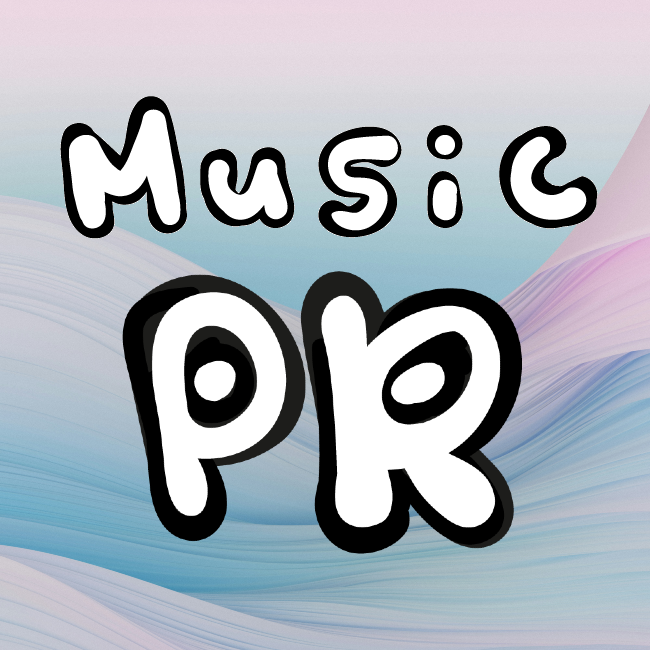Emma Valenzuela • January 23, 2025
Silencing the Beat: How a TikTok Ban Could Reshape the Music Industry

Author: Emma Valenzuela
I'm Emma Valenzuela, a sophomore at The Honors College at Miami Dade College, where I'm studying business administration with plans to specialize in marketing and public relations. I was born and raised in Buenos Aires, Argentina, and moved to Miami when I was 13, which has shaped my perspective on both life and my studies. My passion lies in the intersection of music and marketing, and my dream is to work in the music industry, especially in an artist’s marketing team. I’m a curious and analytical person, always looking for ways to combine my interests with my studies. So far, I've earned a spot on the Dean’s List twice and received a full-ride scholarship for a semester in London. When I’m not focused on school, I enjoy reading, traveling, and attending concerts, always seeking new experiences that inspire me.
It is not a secret the amount of influence TikTok had on the music industry. With just one post that went viral, songs could hit Billboard, Spotify and Apple Music charts. An artist's life could change dramatically with one trend. Also, The Recording Academy, commonly known as the Grammy’s started including songs in their core four categories (Song, Record, Album of the year and Best New Artist). For example, GAYLE’s “abcdefu” was promoted majorly on TikTok by the artist and ended up being nominated for Song of the Year. Current 6 time Grammy nominee, Chappell Roan, had her single “Good Luck Babe” go viral and ended up headlining major festivals like Primavera Sound in Barcelona.
@chappellroan New Year New Me New Directions #glee #welcomeback #ladies ♬ original sound - chappell roan
Tiktok changed the way record labels discover new artists, giving indie artists more opportunities than even before. Although many major artists complained about their labels making them be active, the main marketing strategy started going viral on Tiktok. Not only that many artists like Tate Mcrae started releasing sped-up versions of their songs after they went viral in that format since people asked for it. This shift made TikTok an essential tool for shaping the sound of modern music, with artists tailoring their releases to fit the platform's trends and audience preferences. Songs with catchy hooks or relatable themes gained traction faster, solidifying TikTok as a game-changer in music marketing.
@nrj Juste : pamplemousse. 🍊️ Merci @tatemcrae on valide le français ! ❤️ #tatemcrae #francais #tatemcraegreedy #nrj ♬ original sound - NRJ
The app has also shifted the power dynamic in the music industry. TikTok has changed the game by reducing the need for traditional gatekeepers like radio stations and major record labels. Instead of relying on a label’s backing or hoping a song gets radio play, artists can post their music on TikTok and reach millions of people directly. This has opened doors for indie artists who might have been overlooked, giving them a chance to go viral and build a fanbase without the traditional industry machine. It shifted the power dynamic, letting artists find success on their own terms by connecting straight to their audience. It created a way for artists to form a community. An example of this is ROLE MODEL who created a parody account called “saintlaurentcowboy” where he posts funny videos that show how he is a person. With this account, he created an amazing community with inside jokes, gaining popularity by just showing who he is. Similarly, Lizzo uses TikTok to connect with her fans by sharing unfiltered, behind-the scenes moments, dance trends, and body-positive messages, building a supportive and loyal following. Another great example is Doja Cat, who frequently interacts with her audience through humorous and relatable content, giving fans a glimpse of her personality while promoting her music.
@saintlaurentcowboy ♬ original sound - saintlaurentcowboy
If TikTok gets banned, the music industry is going to have to pivot fast. Platforms like Instagram Reels and YouTube Shorts will probably try to take its place, but they don’t quite have the same magic that made TikTok so good at breaking new artists and trends. Indie artists would definitely take the biggest hit since they rely so much on TikTok’s organic reach to go viral without needing a huge budget or a label behind them.
Without TikTok, we might see a return to more traditional promotion methods like radio, TV ads, and PR campaigns, which would mostly benefit bigger artists with more resources. Smaller creators could struggle to find ways to get their music out there without the accessibility TikTok offered. That said, it could also push other platforms to step up and innovate, creating new ways for artists to connect with their audiences.

Find our DIY growthhacking tips for indie musicians, DJs, festival organizers, music tech, music producers, and venues here.
Growthhacking MusicThankfully, TikTok hasn’t been banned and got an extension, so it’s still here to shape the music industry. Indie artists can keep using it to share their music, go viral, and build communities without relying on the old-school industry gatekeepers. For now, artists and labels can breathe easy knowing TikTok’s unique magic is sticking around, keeping creativity, connection, and discovery alive.
#PRontheGO
Subscribe to the PR ON THE GO newsletter.
Receive the latest media news in your inbox. Discover journalists and start pitching!